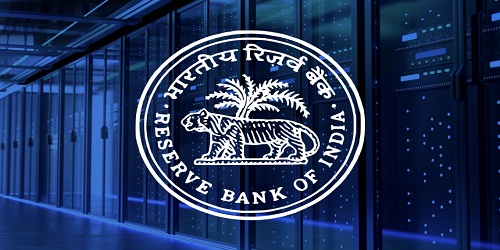As a beneficial way to raise cheaper Offshore funds by the Corporates and theNon Banking Financial Companies (NBFC) , the Reserve Bank of India (RBI) has relaxed the norms of funds raised through External Commercial Borrowings (ECB) for the second time this year. Issues faced by NBFC and corporates
Issues faced by NBFC and corporates
Over the last 10 months many corporates and NBFCs have faced liquidity shortage due to the collapse of Infrastructure Leasing and Financial Services (IL&FS) in September 2018.
- Adequate liquidity has become a very big problem in the NBFC because of its perception of credit risk as they are getting the capital at a very high cost
Relaxation
Based on stakeholders’ feedback form and also with a view in liberalizing ECB framework, end-use restrictions are now relaxed and funds are allowed for working capital requirements in general corporate purposes and also for repayment of rupee loans.
Repayment of loans
ECB’s having 10year minimum average maturity period can be used for working capital purposes and general corporate purposes
On-lending (lending money by an organisation, that has been borrowed from another organisation/person) for the above maturity and the end-uses is also permitted for the NBFCs
Repayment of loans for capital expenditure
NBFCs and Corporates can use proceeds from ECBs having min. average maturity period of 7years for repayment of loans raised domestically for capital expenditure
- Also for capital expenditure in the manufacturing and infrastructuresector, corporates are permitted to use ECB in repaying the loans raised domestically if they are classified as SMA-2 (Special Mention Accounts) or NPA(non performing assets) under any one time settlement.
- This classification must have to be done according to RBI’s Prudential Framework for Resolution of Stressed Assets to recognize the stress in loan accounts by the lenders.
Repayment of loans other than capital expenditure
The minimum maturity period is required to be 10years for repayment of loans and also for on-lending by NBFCs
Key points
The ECB route is considered to be opened at this time because of the drop in crude oil prices, relatively stable currency, and lower interest rates in developed economics




